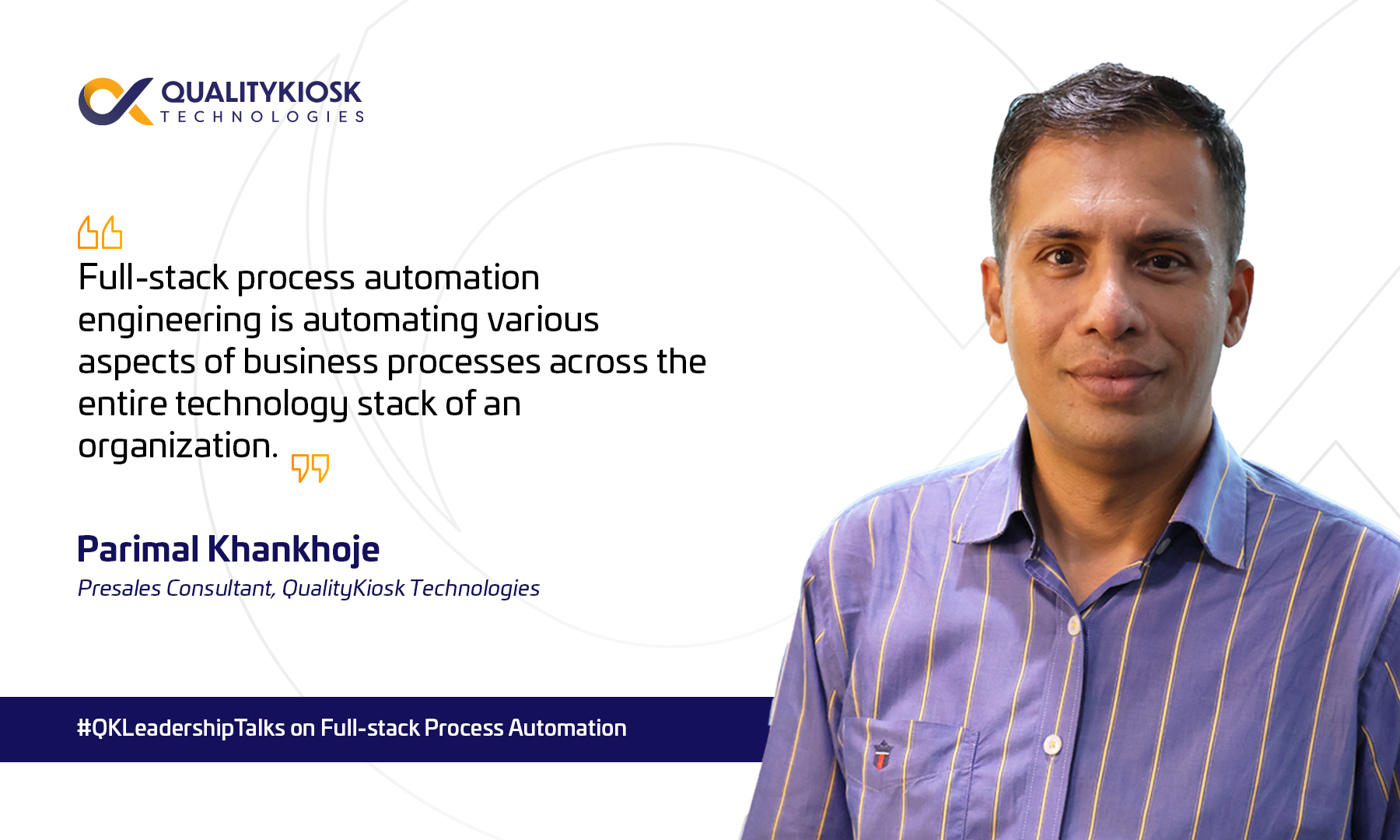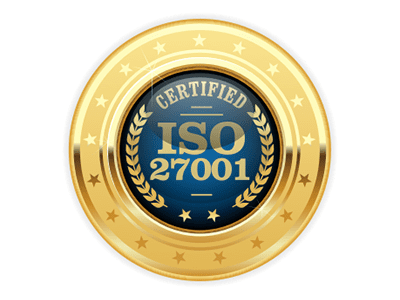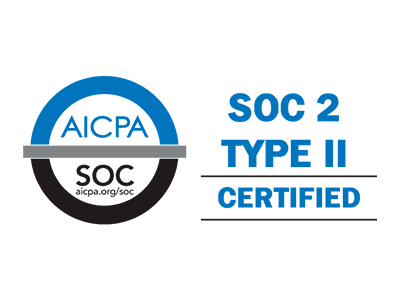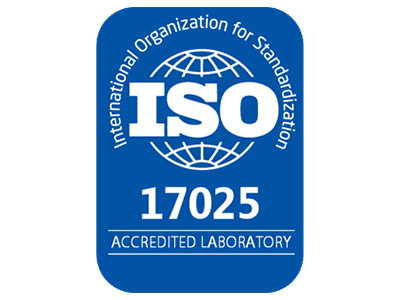The Significance of Full-Stack Process Automation Engineering in a Data-driven Business World
Automation is crucial for organizations seeking to thrive and remain competitive in today’s fast-paced, globalized, and data-driven business environment. Automation will become even more integral to businesses across various industries as technology advances.
Full-stack process automation engineering: An overview
Full-stack process automation engineering refers to a comprehensive approach to automating various aspects of business processes across the entire technology stack of an organization.
It starts with a thorough process assessment, identifying repetitive, time-consuming, and error-prone workflows. Subsequently, the right automation technologies, spanning from robotic process automation (RPA) to artificial intelligence (AI) and machine learning (ML), are carefully chosen based on the specific process requirements.
Developing customized automation solutions
Customized automation solutions are then developed to cater to the organization’s unique needs, ranging from rule-based automation, from routine tasks to sophisticated AI-driven decision-making processes. These solutions are seamlessly integrated into the existing technology stack, ensuring smooth data flow and execution. Workflow optimization is central to the process, streamlining processes, reducing bottlenecks, and maximizing automation benefits. Robust data management, quality assurance, security, and compliance measures are implemented to maintain data integrity and protect against breaches.
Real-time monitoring and analytics are employed to gauge performance and inform continuous enhancements. Scalability is a priority, allowing the automation infrastructure to adapt as the organization grows or evolves.
Comprehensive employee training and ongoing support are provided to ensure effective utilization of automated processes. Ultimately, full-stack process automation engineering yields significant cost reductions through reduced manual labor, error mitigation, and resource optimization.
Challenges and solutions in full-stack process automation engineering and a phased approach to overcoming them
To quote a client’s engagement where QualityKiosk Technologies implemented full-stack process automation engineering posed challenges related to process complexity, legacy system integration, and employee adaptation. To address these hurdles, the organization adopted a phased approach, beginning with an in-depth process analysis to identify automation opportunities and prioritize tasks.
Customization of automation solutions and thorough employee training programs were implemented to align automation with specific needs and ease transition. Effective change management strategies were crucial in overcoming resistance to change. Furthermore, a dedicated team focused on maintaining and updating automation solutions to ensure ongoing efficiency. By fostering a culture of continuous improvement and regular monitoring of automated processes, the organization successfully navigated these challenges and realized the benefits of streamlined operations and reduced errors.
Benefits of QualityKiosk Technologies‘ Services
QualityKiosk can make a substantial impact by improving software quality, reducing costs, enhancing security, and ensuring compliance for organizations. Their expertise in software testing and quality assurance enables faster time to market, optimized performance, and the building of customer trust and loyalty. They help businesses stay innovative and competitive by adopting cutting-edge testing practices and delivering tailored solutions that align with specific objectives. Through ongoing monitoring and improvement, QualityKiosk ensures that software quality remains high over time, contributing to long-term business success.
Business executives and managers will appreciate insights into how QualityKiosk Technologies’ services can improve software quality and reduce costs, ultimately leading to enhanced customer satisfaction and faster time to market. Software development teams will find value in optimizing performance, ensuring data integrity, and enhancing security through our expertise.
Compliance and regulatory professionals can glean guidance on meeting industry-specific regulations and standards, with a focus on data protection and legal adherence.
Key takeaways include the significance of early defect detection, efficient data management, and the role of compliance in safeguarding sensitive information.
About the Author
Parimal comes with over 20 years of experience in diversified industries. He has a rich blend of experience in Process Automation, Manufacturing IT, and Robotics Process Automation. He has handled diverse roles across the value chain in Key Account Management, Pre-Sales, Sales, and Business Development. Prior to QualityKiosk Technologies, he has worked with multiple esteemed organizations such as Honeywell, Siemens, and Rockwell Automation.





